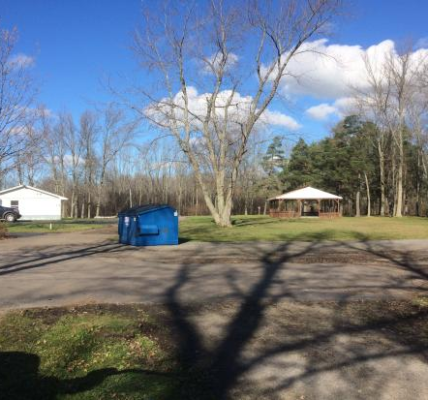Limbus Company is a captivating game known for its intricate mechanics and complex character dynamics. One of the essential aspects of the game is the concept of EGO, which plays a crucial role in determining the strength and utility of various characters. Understanding the EGO tier list can significantly enhance your gameplay experience, helping you make strategic decisions about character development and team composition. This article provides a detailed examination of the Limbus Company EGO tier list, offering insights into which characters stand out and why.
What is EGO in Limbus Company?
In Limbus Company, EGO (Emotional Gestalt Overdrive) represents a character’s unique abilities and strengths, influenced by their emotional states and experiences. EGO is central to a character’s performance in battles, impacting their skills, stats, and overall effectiveness. Characters with higher EGO levels tend to have more potent abilities and can significantly influence the outcome of battles.
Understanding the EGO Tier List
The EGO tier list ranks characters based on their overall performance and utility in the game. This ranking is influenced by several factors, including:
- Skill Set: The variety and potency of a character’s abilities.
- Versatility: The character’s ability to adapt to different situations and team compositions.
- Survivability: How well the character can withstand attacks and maintain their effectiveness in prolonged battles.
- Synergy: How well the character’s abilities complement those of other team members.
The EGO Tier List Breakdown
S-Tier: The Dominant Forces
Characters in the S-Tier are the crème de la crème of Limbus Company. They possess exceptional abilities that can turn the tide of battle, making them invaluable assets to any team. These characters are versatile, powerful, and often have unique skills that set them apart from the rest.
- Character A
- Skill Set: Boasts a wide range of offensive and defensive abilities.
- Versatility: Can adapt to various roles in the team, whether as a damage dealer, tank, or support.
- Survivability: High durability with self-healing abilities.
- Character B
- Skill Set: Specializes in crowd control and debuffing enemies.
- Versatility: Excellent in both PvE and PvP scenarios.
- Survivability: Adept at avoiding damage with high evasion and defensive buffs.
A-Tier: The Reliable Performers
A-Tier characters are highly reliable and effective in most situations. While they might lack the unique flair of S-Tier characters, they are still crucial components of a well-rounded team.
- Character C
- Skill Set: Strong single-target damage with utility skills.
- Versatility: Performs well in focused roles, particularly as a damage dealer.
- Survivability: Good defensive stats but lacks self-sustain.
- Character D
- Skill Set: Balanced mix of offensive and supportive abilities.
- Versatility: Can shift between roles depending on team needs.
- Survivability: Moderate durability, supported by shields and buffs.
B-Tier: The Situational Specialists
B-Tier characters are effective in specific scenarios or team compositions. They may not be the first choice for every team, but their specialized skills can be game-changers in the right context.
- Character E
- Skill Set: High burst damage but limited sustainability.
- Versatility: Best used in short, decisive battles.
- Survivability: Fragile, requires protection from teammates.
- Character F
- Skill Set: Exceptional support abilities, particularly in healing and buffing.
- Versatility: Vital in teams that rely heavily on support.
- Survivability: Low defense, relies on positioning and team protection.
C-Tier: The Niche Contributors
C-Tier characters have niche uses and can be effective in very specific team setups or against particular enemies. However, they generally lack the broad utility or power of higher-tier characters.
- Character G
- Skill Set: Unique abilities that can counter specific enemy types.
- Versatility: Limited outside of their niche use cases.
- Survivability: Average, with situational effectiveness.
- Character H
- Skill Set: Offers niche debuffs and control abilities.
- Versatility: Effective in specific team compositions focusing on debuffs.
- Survivability: Below average, requires careful management.
D-Tier: The Underperformers
D-Tier characters are generally less effective in most scenarios. They might have one or two redeeming qualities, but overall, they struggle to compete with higher-tier characters.
- Character I
- Skill Set: Limited and less impactful abilities.
- Versatility: Narrow role with minimal impact on the team.
- Survivability: Low, often becoming liabilities in tougher battles.
- Character J
- Skill Set: Outclassed by higher-tier characters in most aspects.
- Versatility: Struggles to find a place in optimal team setups.
- Survivability: Poor, requiring significant support from the team.
Conclusion
Understanding the EGO tier list in Limbus Company is crucial for optimizing your team and enhancing your overall gameplay experience. While S-Tier characters offer the most power and versatility, A and B-Tier characters can also be invaluable when used correctly. It’s essential to consider the specific needs of your team and the challenges you face in the game when selecting characters. By leveraging the strengths of each tier, you can create a balanced and formidable team capable of tackling any obstacle in Limbus Company.




